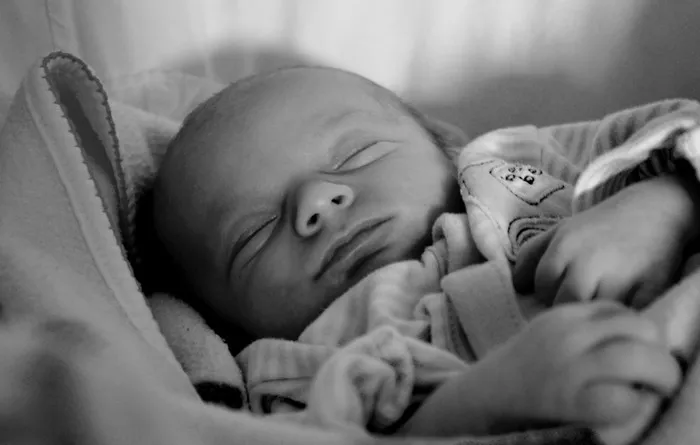How do I know if my baby has a cold? This question often lingers in the minds of concerned parents, especially during the colder months when respiratory illnesses are prevalent. While it’s common for infants to experience occasional sniffles and sneezes, distinguishing between a common cold and other potential issues can be challenging. Recognizing the signs early on is crucial for prompt intervention and ensuring your baby’s well-being. In this comprehensive guide, we will explore six key indicators that may suggest your infant has caught a cold, providing parents with the knowledge they need to navigate the challenges of infant health.
Frequent Sneezing and Congestion
One of the initial signs that your baby might have a cold is frequent sneezing accompanied by nasal congestion. While occasional sneezing is normal for infants, an increase in frequency, especially when paired with a stuffy or runny nose, can be indicative of a cold. Infants primarily breathe through their noses, and any obstruction in their nasal passages can make feeding and sleeping challenging. To alleviate discomfort, consider using a bulb syringe to gently remove mucus, and ensure your baby is adequately hydrated to help thin nasal secretions.
Coughing and Irritated Throat
A persistent cough and signs of throat irritation can be red flags for a cold in infants. Colds often cause irritation in the respiratory tract, leading to a hacking cough. It’s essential to monitor the nature of the cough – if it is dry and hacking, it may be a sign of a viral infection. While coughing is the body’s natural way of clearing mucus, excessive and prolonged coughing should be addressed promptly. Providing a humidifier in your baby’s room can add moisture to the air, soothing the throat and minimizing coughing episodes.
See Also:What You Need To Know About Colds in Newborn Babies
Changes in Behavior and Sleep Patterns
Illness, including a cold, can significantly impact an infant’s behavior and sleep patterns. If your baby seems unusually fussy, irritable, or experiences difficulty sleeping, it may be a sign of an underlying health issue. Discomfort from nasal congestion, coughing, or a sore throat can disrupt your baby’s sleep routine. Pay attention to changes in appetite as well; a decrease in feeding or changes in nursing patterns may indicate that your infant is feeling unwell.
Elevated Temperature
While it’s normal for infants to run a slightly higher body temperature than adults, a noticeable increase in temperature may signal a cold. A fever is the body’s natural response to infection, indicating that the immune system is actively fighting off the virus. Use a reliable thermometer to monitor your baby’s temperature, and consult with your pediatrician if it surpasses the recommended threshold. Keep in mind that fever alone may not always signify a cold, so it’s essential to consider other symptoms in conjunction with an elevated temperature.
Excessive Tearing and Red Eyes
Watery or red eyes can be another sign that your infant is battling a cold. The viral infection can cause irritation in the eyes, leading to increased tearing and redness. While this symptom may not be as common as others, it’s crucial to observe any changes in your baby’s eye health. To alleviate discomfort, gently clean the eyes with a sterile saline solution and ensure that your baby’s face is kept clean to prevent further irritation.
Difficulty Breathing and Wheezing Sounds
In some cases, a cold can affect the lower respiratory tract, causing difficulty in breathing and audible wheezing sounds. If you notice your baby’s chest retracting or hear wheezing during breathing, it’s essential to seek immediate medical attention. Respiratory distress in infants can be serious, and prompt intervention is crucial to ensure your baby receives the necessary medical care.
In conclusion, understanding the signs that your infant may have a cold empowers parents to provide timely care and support for their little ones. While these indicators can help identify a cold, it’s crucial to consult with your pediatrician for an accurate diagnosis and appropriate treatment plan. Remember that infants have developing immune systems, and their response to illnesses can vary. By staying vigilant and responsive to your baby’s needs, you can navigate the challenges of infant health with confidence and ensure a speedy recovery.
Related Topics:
How to Tell if My Infant Has a Cold?
When Does a Cold Turn Into RSV?
What to Do If a Newborn Is Cold?


